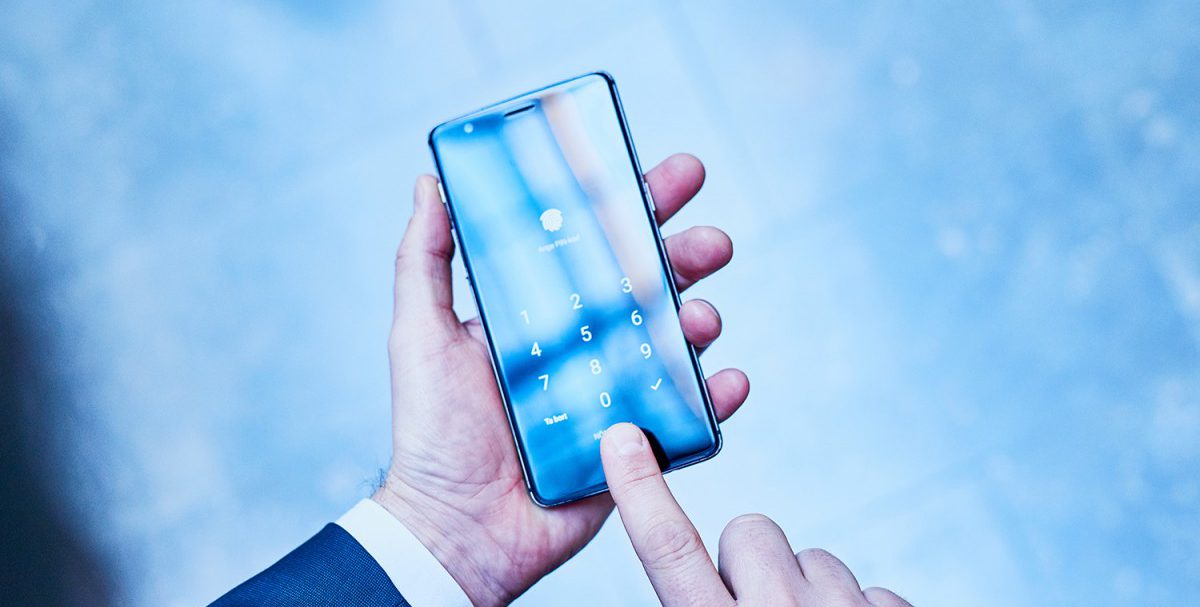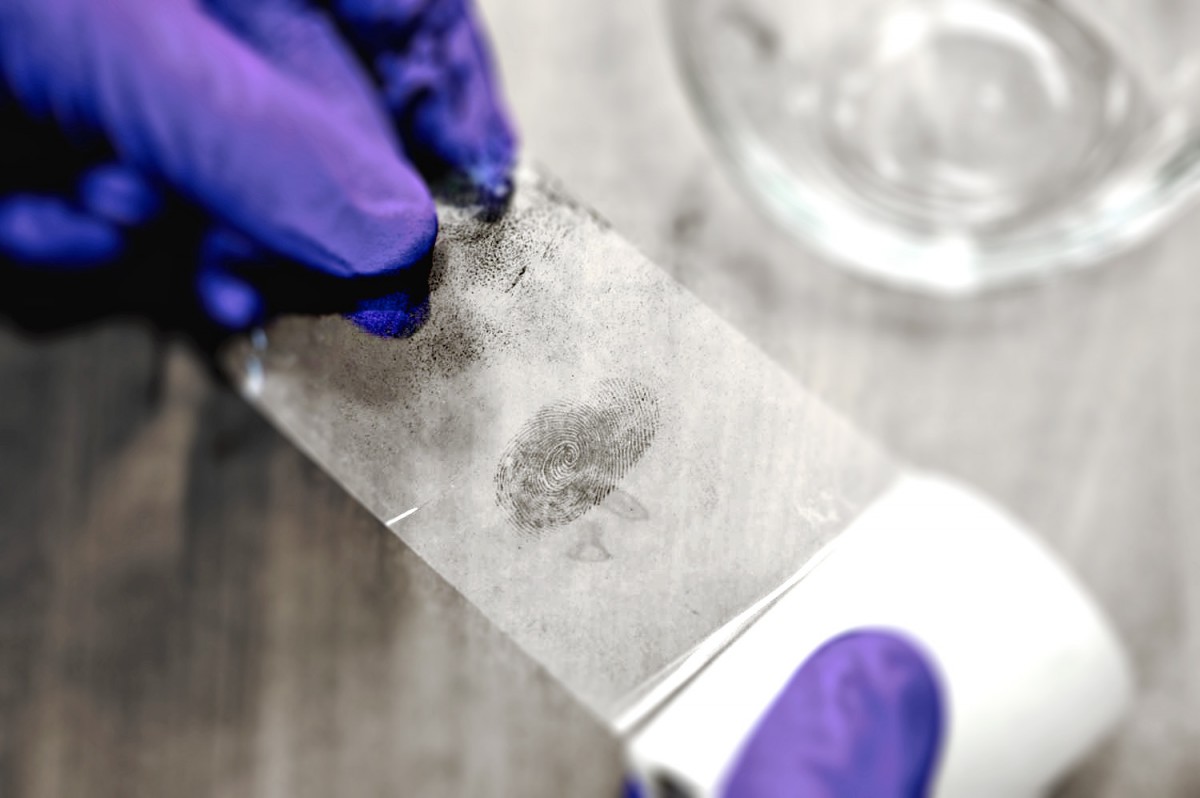
Precise Biometrics: Security at your fingertips
Using one’s thumbprint to authenticate, unlock, or secure anything used to be the stuff of hi-tech futurism dreams.
Today, such technology is so common that by 2020, unit shipments of fingerprint sensors for hundreds, if not thousands of mobile devices, are expected to hit 1.52 billion, which is double the volume of 2016, according to equity research firm Redeye. With the industry experiencing an upwards surge in demand, there is an increasing emphasis on security and fraud mitigation – particularly due to a rise in mobile transactions made using fingerprint authentication.
Replicating a stranger’s fingerprints is rather easy and can be done with a bit of wax and Play-Doh. It doesn’t even require a physical finger to copy – Japan’s National Institute of Informatics (NII) issued a warning in January that posing with the peace sign (two fingers held up in a ‘V’ sign) could put people at risk of fingerprint theft.
The Japan Times quoted NII researcher Isao Echizen as saying: “Fingerprint data can be recreated if fingerprints are in focus with strong lighting in the picture.” He added that there was no need for advanced technology to do this.

Source: Precise Biometrics
In light of existing and emerging threats to security and privacy, identity authentication firm Precise Biometrics has dedicated itself to supplying organizations with convenient and secure authentication solutions.
Precise Biometrics is the market leader in fingerprint software for mobile device makers like Huawei, Xiaomi, Oppo, and others. The company recently acquired US firm NexID Biometrics, the leading expert in spoof mitigation and liveness detection to expand its security portfolio to combat spoof attacks. Liveness detection refers to the real-time capability to determine if biometric characteristics presented to a sensor are genuine. The technology has, in a short space of time, become a priority in the industry as an effective countermeasure against fraud and fake fingerprints.
More and more financial transactions are being performed via smartphones – for example, Samsung Pay allows users to authenticate purchases using their fingerprints. 60 percent of all transactions are expected to be made via biometric authentication in 2020 per Acuity research, which also means that fraud and identity theft is a growing threat to the mobile payment market.

Hakan Persson, CEO of Precise Biometrics. Source: Precise Biometrics
“By extending our product offering with liveness detection and anti-spoofing capabilities, we can offer a unique fingerprint solution for secure mobile payments and other sensitive applications that meet customer demand for fraud mitigation, while maintaining a good user experience,” says Hakan Persson, CEO of Precise Biometrics.
Precise Biometrics’ market-leading fingerprint solutions are a result of 20 years of advanced research. The company’s fingerprint recognition algorithms are widely used in products with small sensors and limited platforms – other than smartphones, it also works in tablets, smart cards, wearables, and Internet of Things (IoT) devices.
Precise Biometrics’ algorithms are uniquely developed for small sensors, giving manufacturers a flexible and customizable technology to work into limited platforms. They are also fitted with a myriad of tools, including an image assessment module, API sample code, evaluation software, and guides for easy integration. Over 170 mobile devices from over 40 smartphone manufacturers have integrated Precise Biometrics’ world-leading technology.
READ MORE
- Ethical AI: The renewed importance of safeguarding data and customer privacy in Generative AI applications
- How Japan balances AI-driven opportunities with cybersecurity needs
- Deploying SASE: Benchmarking your approach
- Insurance everywhere all at once: the digital transformation of the APAC insurance industry
- Google parent Alphabet eyes HubSpot: A potential acquisition shaping the future of CRM
